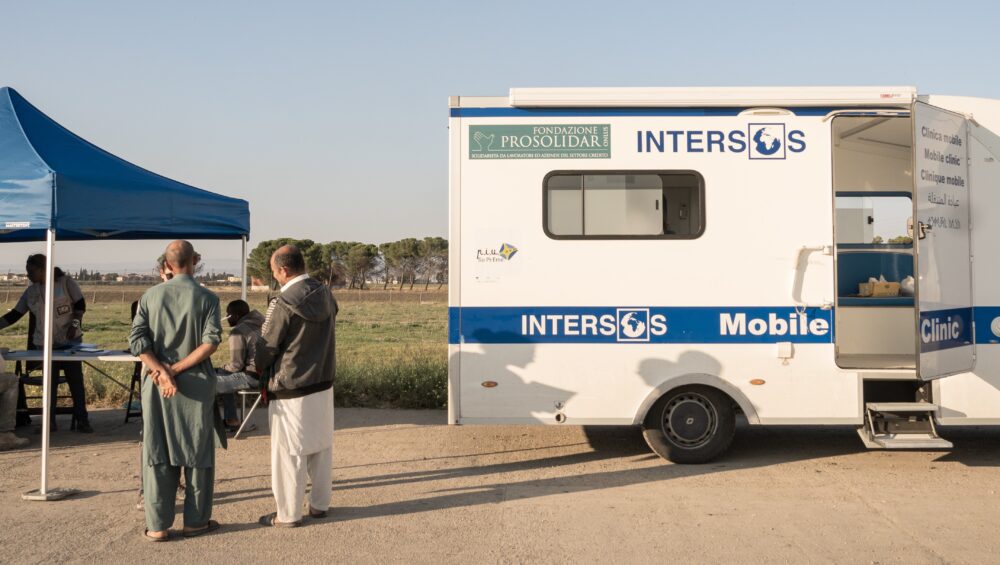Migration is a complex phenomenon that affects millions of people around the world. In Italy, Greece, and Malta, migration flows have been on the rise in recent years, with many migrants arriving from sub-Saharan Africa, the Middle East, and Asia. While migration can bring opportunities for economic, social, and cultural exchange, it also poses challenges for the health systems of host countries and for the migrants themselves.
One of the most pressing health concerns for migrants is the risk of infectious diseases such as tuberculosis (TB) and HIV. TB is a bacterial infection that primarily affects the lungs but can also affect other parts of the body, while HIV is a virus that attacks the immune system, making it harder for the body to fight off infections. Both TB and HIV can be transmitted through the air or through bodily fluids, and they can have serious health consequences if left untreated.
Migrants are particularly vulnerable to TB and HIV due to a range of factors, including poor living conditions, limited access to healthcare, and exposure to new strains of the diseases. Moreover, many migrants come from regions with high rates of TB and HIV, which increases their likelihood of being infected. Unfortunately, the lack of adequate screening, diagnosis, and treatment for these diseases among migrants in Italy, Greece, and Malta can lead to a range of health problems and can also pose a risk to the wider population.
For example, untreated TB can cause coughing, fever, fatigue, and weight loss, and it can spread rapidly in crowded settings such as migrant camps, detention centers, and urban slums. In some cases, TB can also lead to severe respiratory failure, meningitis, and death. Similarly, untreated HIV can weaken the immune system, making it more susceptible to other infections, and it can lead to AIDS, a life-threatening condition that can affect multiple organs and systems in the body.
To address these health risks, it is crucial to improve the screening, diagnosis, and treatment of TB, HIV, and tuberculosis among migrants in Italy, Greece, and Malta. This requires a coordinated effort between the health authorities of host countries, international organizations, and civil society groups, as well as the active participation of migrants themselves. Some possible interventions include:
- Providing free or low-cost access to screening and diagnostic tests for TB, HIV, and tuberculosis
- Ensuring that healthcare facilities are equipped with the necessary drugs, equipment, and trained staff to treat these diseases
- Educating migrants about the risks of TB, HIV, and tuberculosis, and promoting healthy behaviors such as regular hand-washing and cough etiquette
- Reducing overcrowding and improving living conditions in migrant camps, detention centers, and urban slums to prevent the spread of infectious diseases
- Encouraging migrants to seek medical attention if they experience symptoms of TB, HIV, or tuberculosis, and providing them with information about available health services and support.
By addressing the health needs of migrants, we can help ensure that migration is a safe and healthy process for everyone involved. This requires a commitment to universal access to healthcare and a recognition of the important role that migrants play in our global society.






